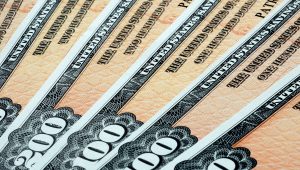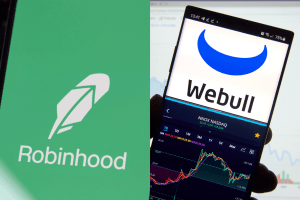You're grown up now and in the real world, and with that comes grown-up responsibilities, which, unfortunately, means paying bills. You've heard that utility bills can help build credit, but does that include a credit card bill too? Well, if you're trying to find out, you've come to the right place. We've researched the topic in-depth and have an answer for you.
Credit card bills are not considered utility bills. Typically, utility bills are associated with a service that a building or an address requires rather than personal services. Furthermore, if the building would not be able to operate without them, they are considered utilities.
Now you know that credit card bills are not utility bills, but keep reading as we elaborate on this more. We'll discuss what is considered a utility bill and go over some examples of what to expect from each of these bills. Additionally, we'll answer some other questions you might have about your credit card bills, credit score, and utility bills.
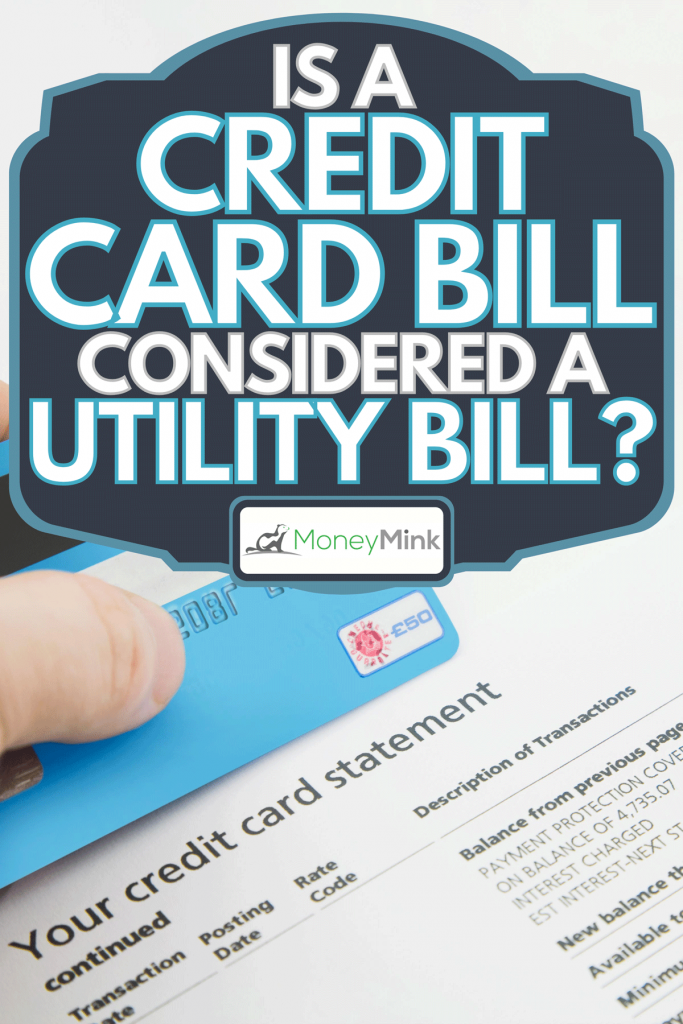
What is considered a utility bill?
A utility bill is for any service considered essential for a building. For example, most homes will at least require electricity, water, sewage, and possibly gas. It is typically a monthly statement that breaks down the cost of each of these services and how much you have used over the period of time.
What are some examples of utilities?
Electricity, water, sewage, and gas, are the most common utilities. However, some people will also include internet services, phone services, and cable services in this category. While these services are technically optional, most homes will have a bill for these services. Let's go over each one and see what you expect each bill to include.
Electric
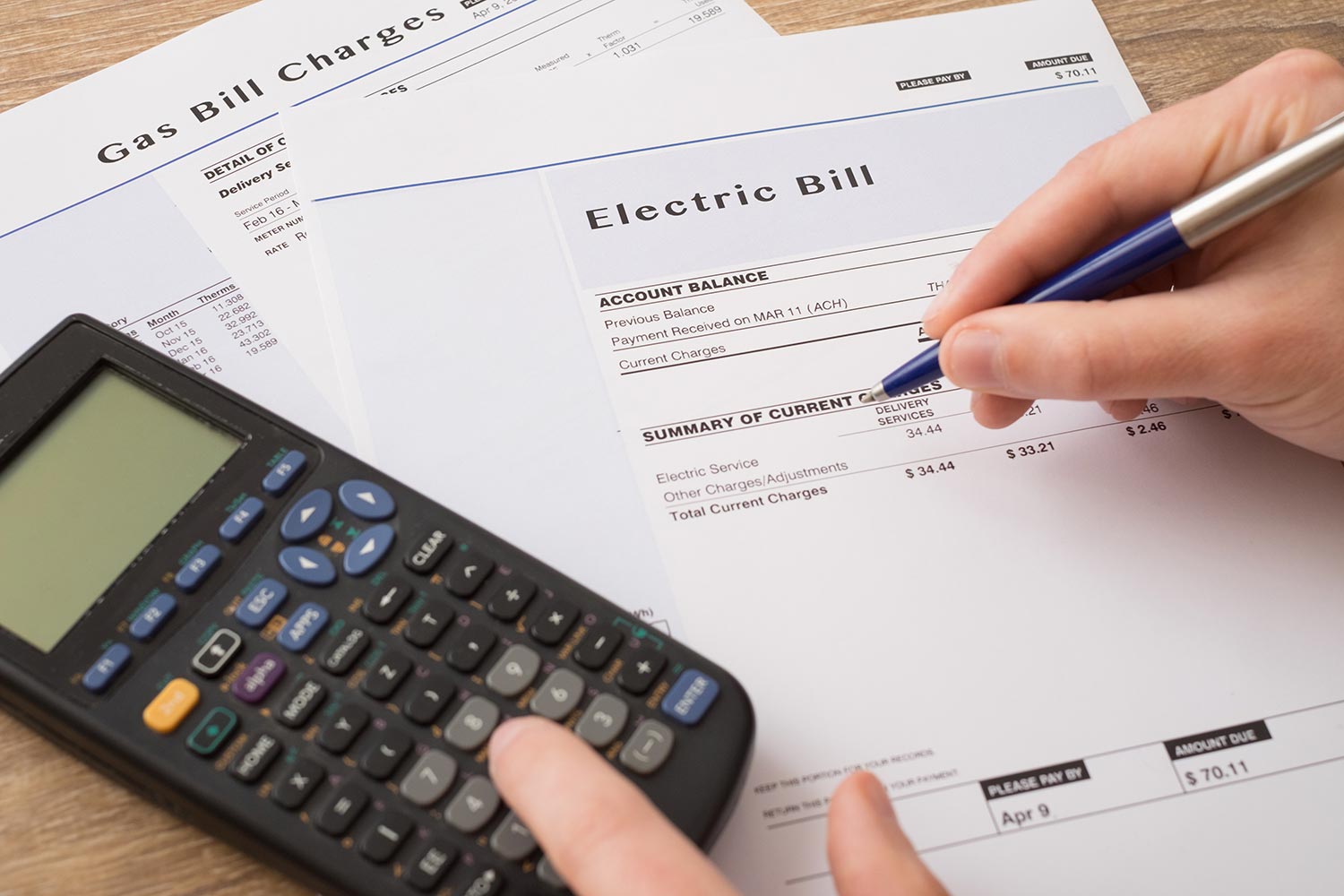
Your electricity bill will likely be the most expensive out of all of your utility bills. A meter will measure the amount of electricity you use each month, and you will receive a bill for the amount from your electric company. Often, you will be billed a specific rate per kilowatt per hour used. However, there are multiple methods that an electric company might use to calculate your bill, including peak pricing.
Water/Sewage
Water bills and sewage bills may be combined into one utility bill. Of course, this does depend on your state and even your city. However, for those that do have the services as one, you will often find that your sewage rate is your water rate multiplied by a certain number. Your sewage rate might be three times the rate of your water, for example.
Gas
Not everyone will have a gas bill as not every home in the US uses gas for heating. However, gas is the most common way to heat a home in the US, with about 48% of homes using it. If your home uses gas for a stove or heat, you will receive a gas bill. On average, in the US, gas bills are approximately $64 a month.
Internet
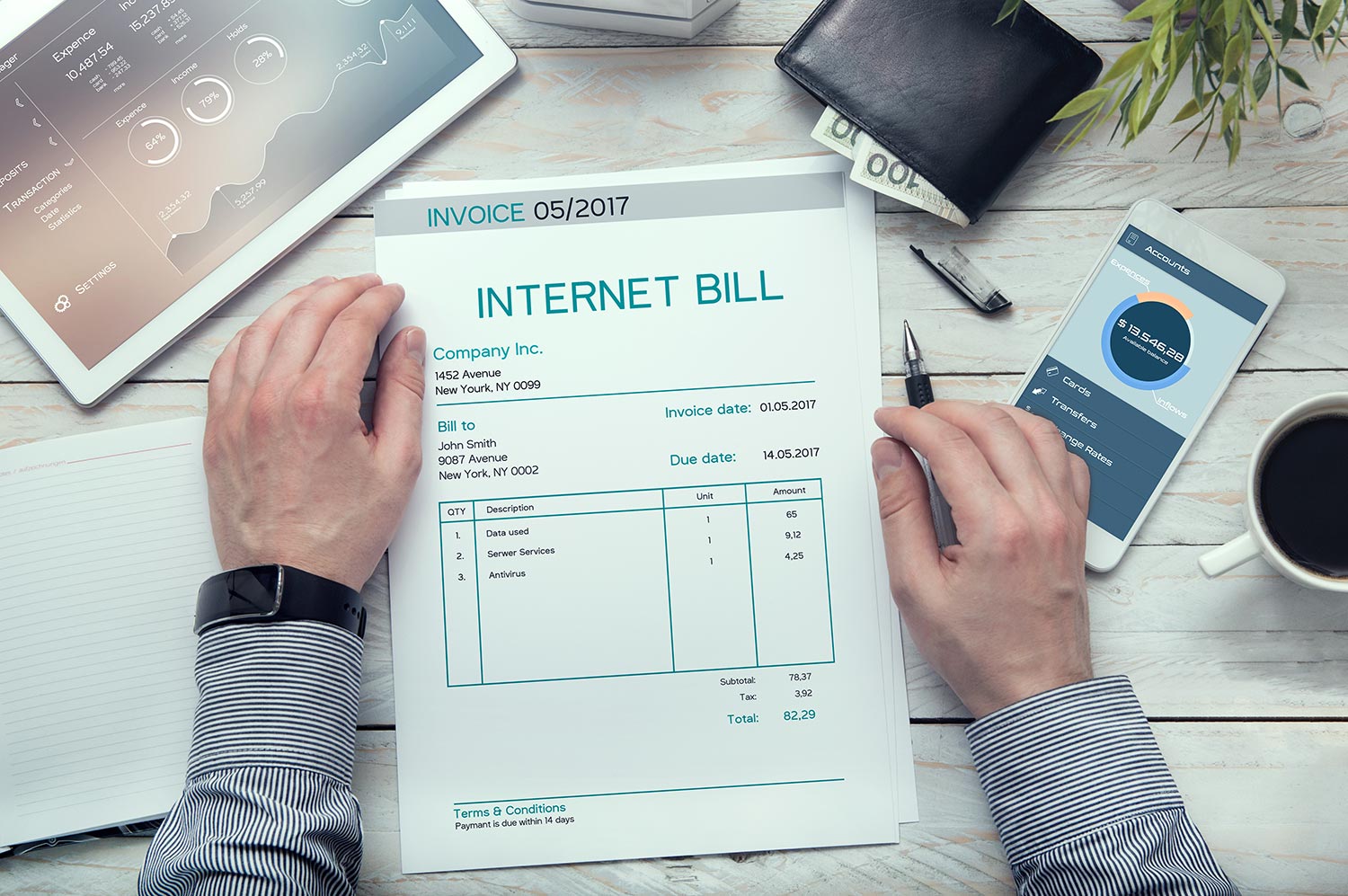
Even though this is technically optional, it might not feel like it in today's technology-driven world, so we are including it in our list of utilities. Once again, the cost of your internet bill will vary depending on your location in the US and the internet provider.
Some companies offer a bundle that will include your phone and cable services. Other companies will charge you for a certain amount of internet at one rate and then an increased rate for any overages. Your bill may also include a fee for any equipment rentals as well.
It's a good idea to shop around for which internet providers are available in your area. You may be limited to one or two, depending on your location.
Phone/Cable
A landline is no longer a staple in our homes for most of us. Before cell phones, landlines were found in almost every home; now it's down to less than 40%. However, you may want to count your phone line as a utility for those of you who still use a landline. After all, it's a service provided directly to your home.
Utility Bills And Your Credit Score
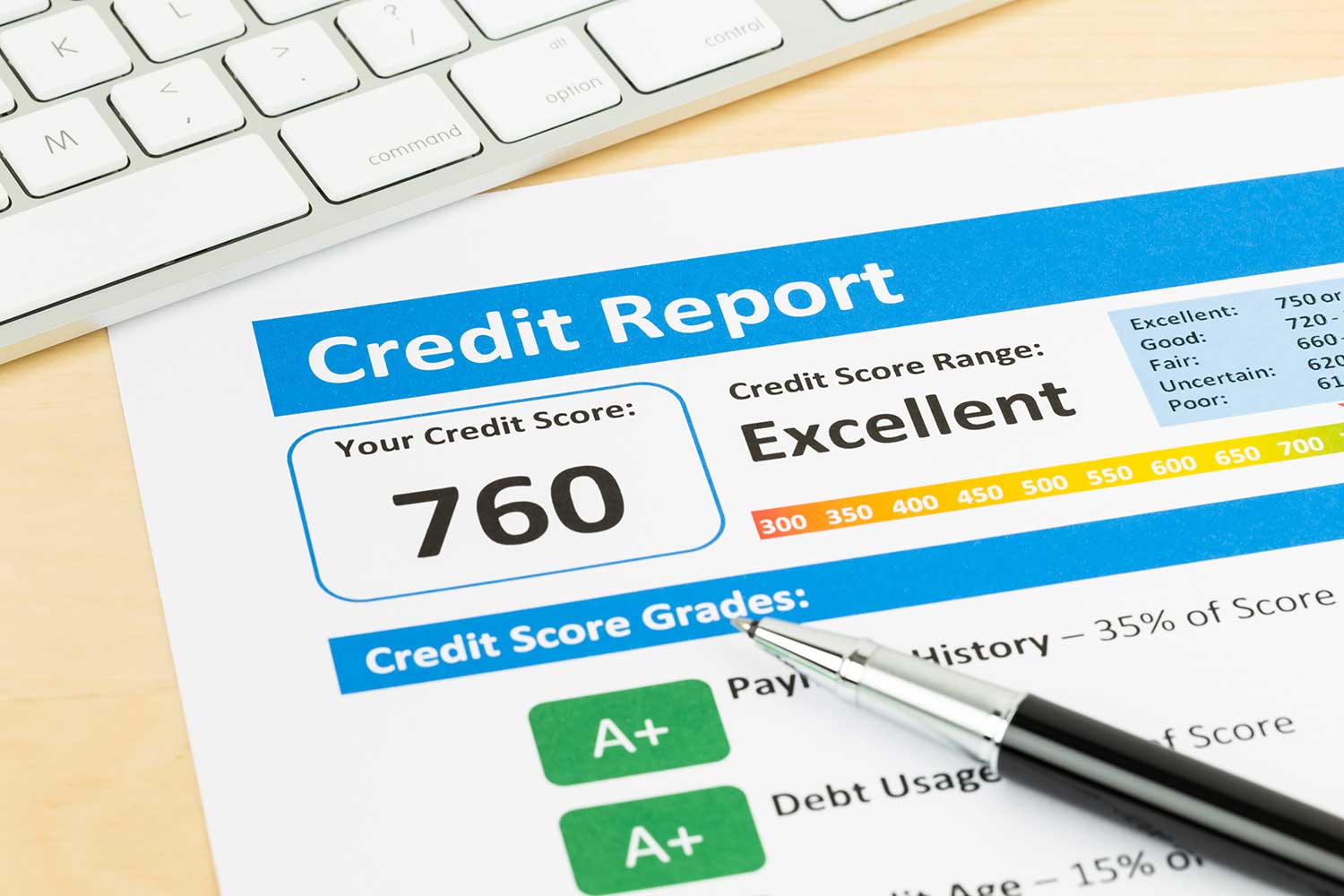
Another essential part of being an adult is building and monitoring your credit score. Unfortunately, most utility companies do not report the payment of bills on time to credit bureaus. This means paying utility bills will rarely help build your credit if you pay with cash or debit card.
However, credit cards can be used to pay utility bills, and this will directly impact your credit score. This could be a positive or negative impact depending on several factors with your credit card.
Does paying bills with a credit card hurt your credit?
Paying bills with a credit card won't directly hurt your credit as long as you pay the credit card balance off each month. Credit cards can help build credit, but if you aren't disciplined, they can also quite easily destroy your credit. To use a credit card positively, you should pay the balance off in full each month. If you carry a balance, you will be charged interest and risk maxing out your cards.
Your credit usage heavily influences credit scores. For example, if you have a credit card with a limit of $1000 and you put $800 worth of bills on it and then do not pay it off, your utilization is 80%. To keep your credit score high, you should aim for utilization of no more than 30%. If you pay the balance off each month, your credit score will increase.
So, what does all this mean?
If you know you can pay the credit card balance each month because you've already budgeted a certain amount for bills, then by all means, use a credit card to pay them. If you might be tempted to keep a balance and use the cash for other things, it's best not to use a credit card to pay bills, as this can ultimately hurt your credit.
Another thing to keep in mind is that it might cost you more to pay your bills with your credit card because many utility companies charge an additional processing fee for payment with a credit card.
If you're in the process of moving, you may be wondering how your credit score may affect your chances of finding a place to rent. If so, take a look at our other blog post on the topic here, "What credit score is needed to rent a house?"
What bills can I pay with a credit card?
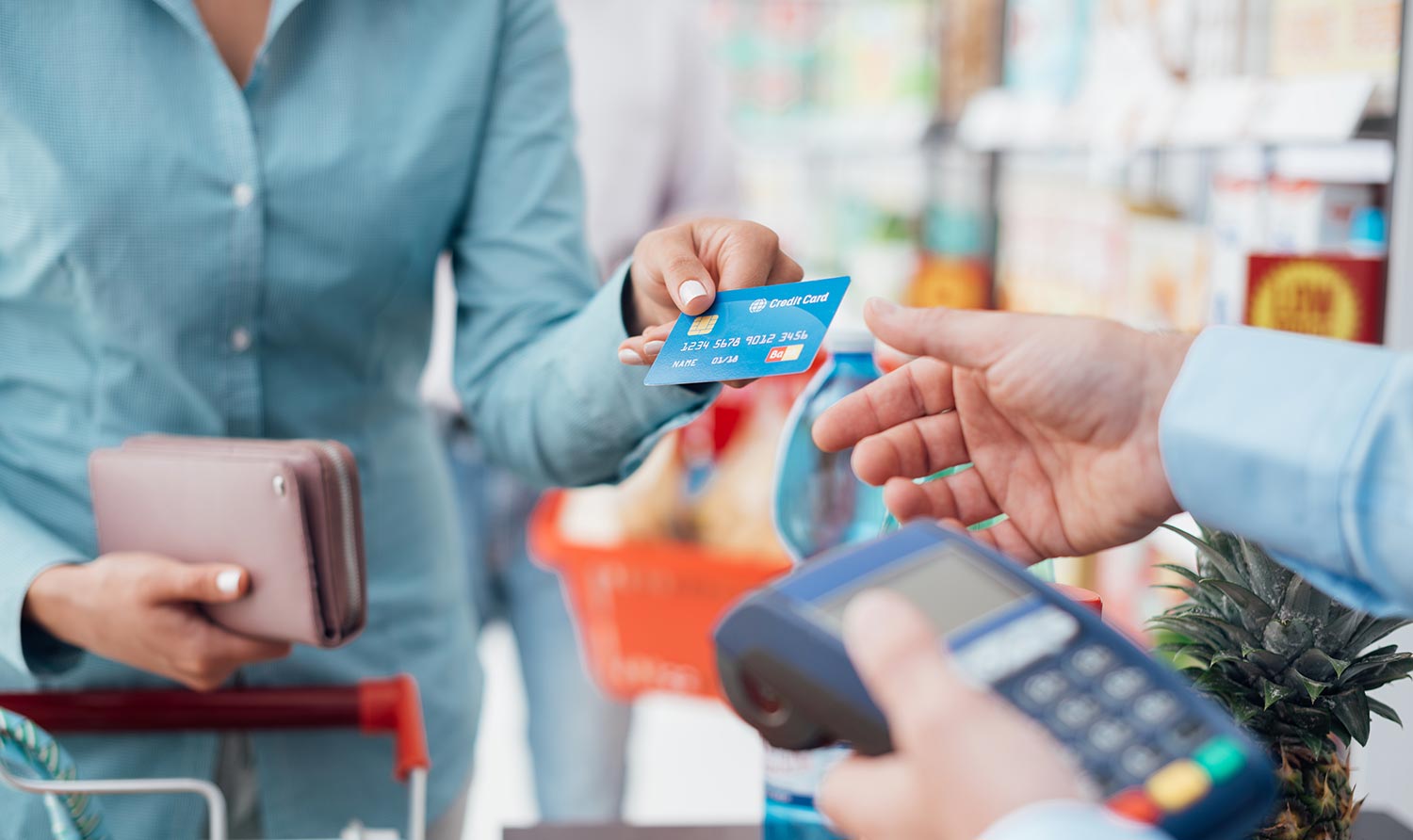
Almost any bill can be paid with a credit card. Utilities, insurance payments, cell phone bills, and subscription services such as Netflix or Hulu, to name a few. Most companies will accept a credit card as a form of payment.
Some bills you might not be able to pay with a credit card are mortgage payments, car payments, and other credit card bills. However, some third-party companies will allow you to work around these restrictions.
You may also find that some companies won't accept a particular type of credit card. For a long time, it wasn't easy to find merchants that would accept an Amex or Discover card. Fortunately, this is no longer the case in most places. However, this may also be a factor that could prevent you from paying a bill with a credit card.
Is a credit card bill proof of address?
A credit card bill can be used as proof of address for most instances. Occasionally, you may find a company or service that will not accept a credit card bill as proof of address. In these cases, the service or company requiring proof of address should have a list of acceptable options. Other options typically include bank statements, leases, insurance statements, and utility bills.
Final Thoughts
Even though you came to this post to find out if a credit card bill is a utility bill, hopefully, you are leaving with even more knowledge than that. Becoming an adult and navigating your way through the real world can be challenging and sometimes confusing. We hope you feel more knowledgeable and confident about credit cards and utility bills with this article.
For more reading on the topic of credit cards and credit scores, take a look at some of our other blog posts:

